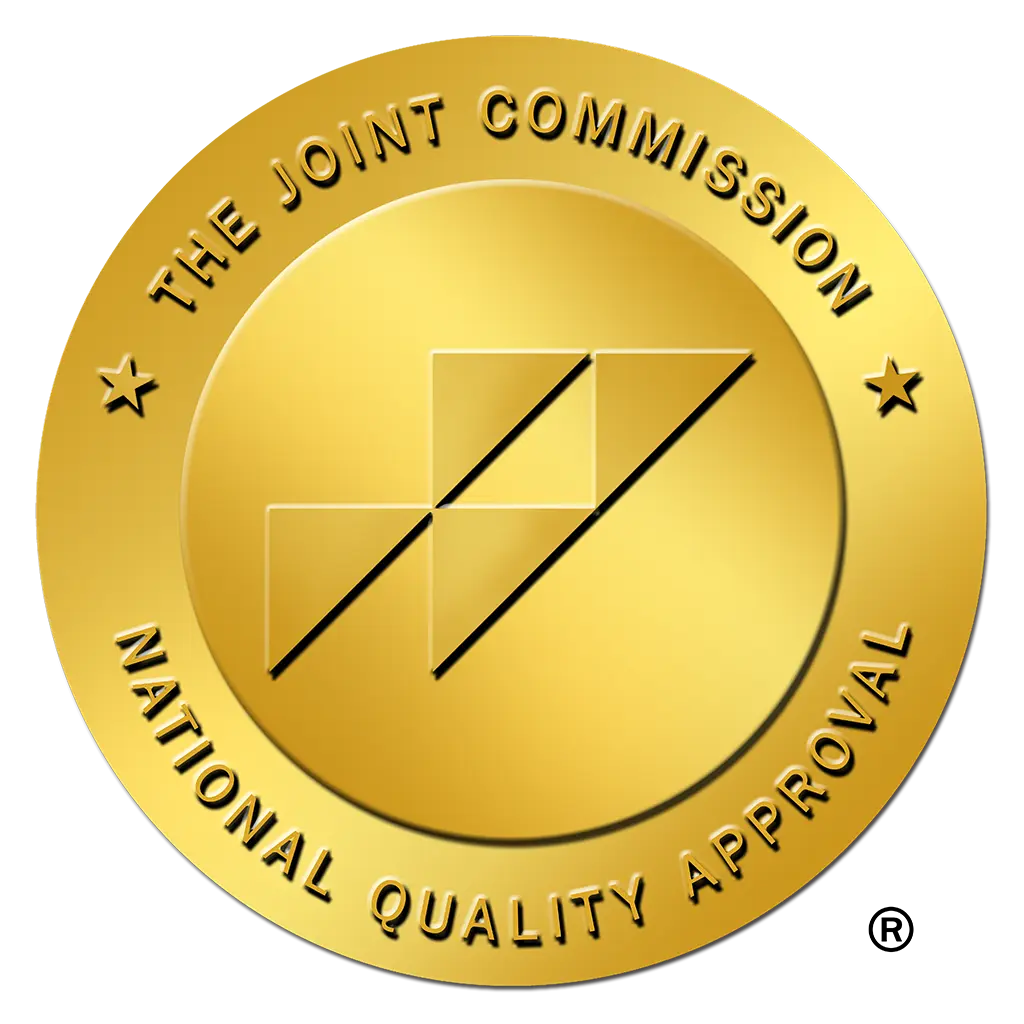Healing from Within: The Crucial Role of Addiction Recovery and Therapy
Embarking on the journey of addiction recovery is a profound commitment to one’s well-being and a courageous step toward a brighter future. Central to this transformative process is the crucial role that therapy plays in supporting individuals on their path to recovery. In this short blog, we’ll explore the profound importance of addiction recovery and therapy in rebuilding lives and fostering lasting change.
- Addressing the Root Causes: Addiction often stems from underlying emotional, psychological, or traumatic experiences. Therapy provides a safe and confidential space for individuals to explore and understand the root causes of their addiction. By addressing these underlying issues, individuals can build a solid foundation for sustained recovery.
- Developing Coping Mechanisms: One of the primary objectives of therapy in addiction recovery is to equip individuals with effective coping mechanisms. Therapy sessions help individuals identify healthy ways to manage stress, anxiety, and other triggers without resorting to substance use. This skill development is essential for navigating the challenges of daily life.
- Building a Supportive Relationship: The therapeutic relationship between a client and a therapist is a cornerstone of addiction recovery. Therapists provide non-judgmental support, empathy, and guidance, creating a secure space for individuals to share their struggles and triumphs. This supportive alliance is instrumental in fostering trust and facilitating positive change.
- Enhancing Self-Awareness: Therapy encourages self-reflection and increased self-awareness. Through introspective exploration, individuals gain insights into their behaviors, thought patterns, and emotions. This heightened awareness empowers them to make informed decisions and implement positive changes in their lives.
- Preventing Relapse: Therapy plays a pivotal role in relapse prevention by helping individuals identify and navigate potential triggers. Therapists work collaboratively with clients to develop personalized relapse prevention plans, providing tools and strategies to maintain sobriety and resilience in the face of challenges.
- Rebuilding Relationships: Addiction can strain relationships with family, friends, and colleagues. Therapy offers a space for individuals to work on rebuilding these connections, fostering open communication, and addressing the impact of addiction on interpersonal dynamics.In the realm of addiction recovery, therapy is not merely a tool; it is a lifeline. By addressing the root causes of addiction, developing healthy coping mechanisms, building supportive relationships, enhancing self-awareness, preventing relapse, and rebuilding relationships, therapy becomes a guiding force toward lasting change. It empowers individuals to reclaim their lives, fostering resilience, self-discovery, and a renewed sense of purpose. The importance of addiction recovery and therapy cannot be overstated, as they pave the way for transformative healing from within.







